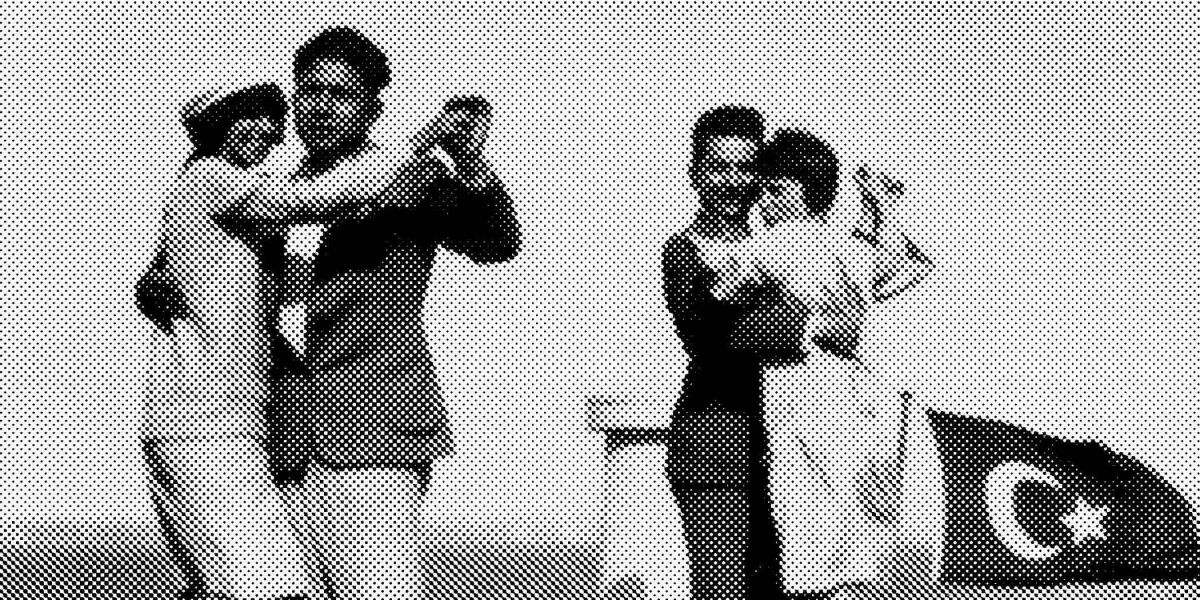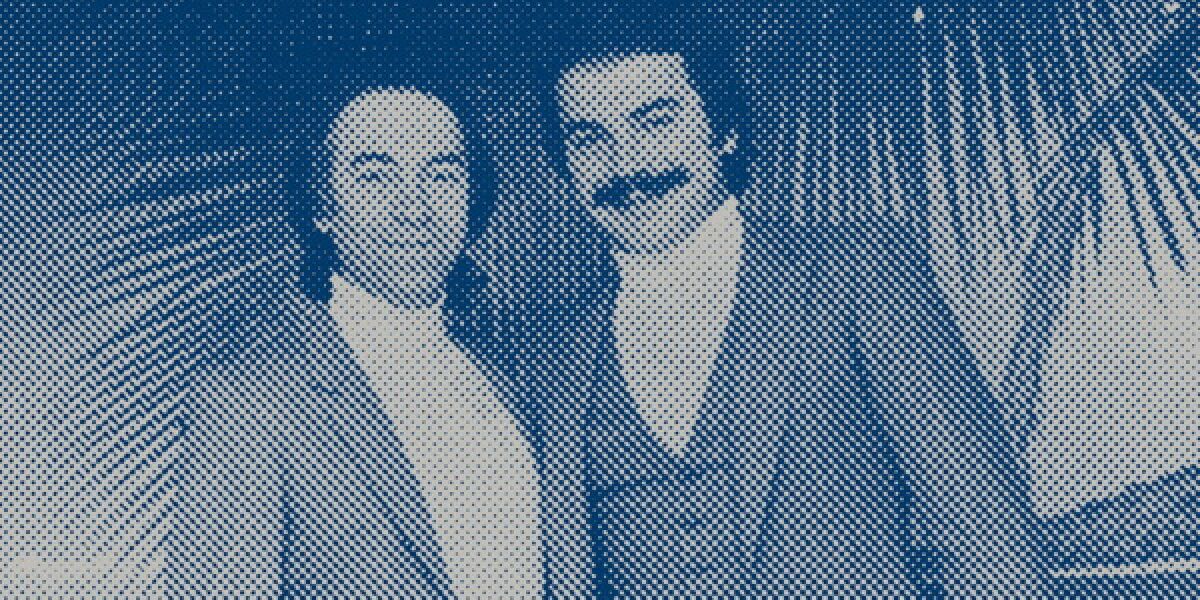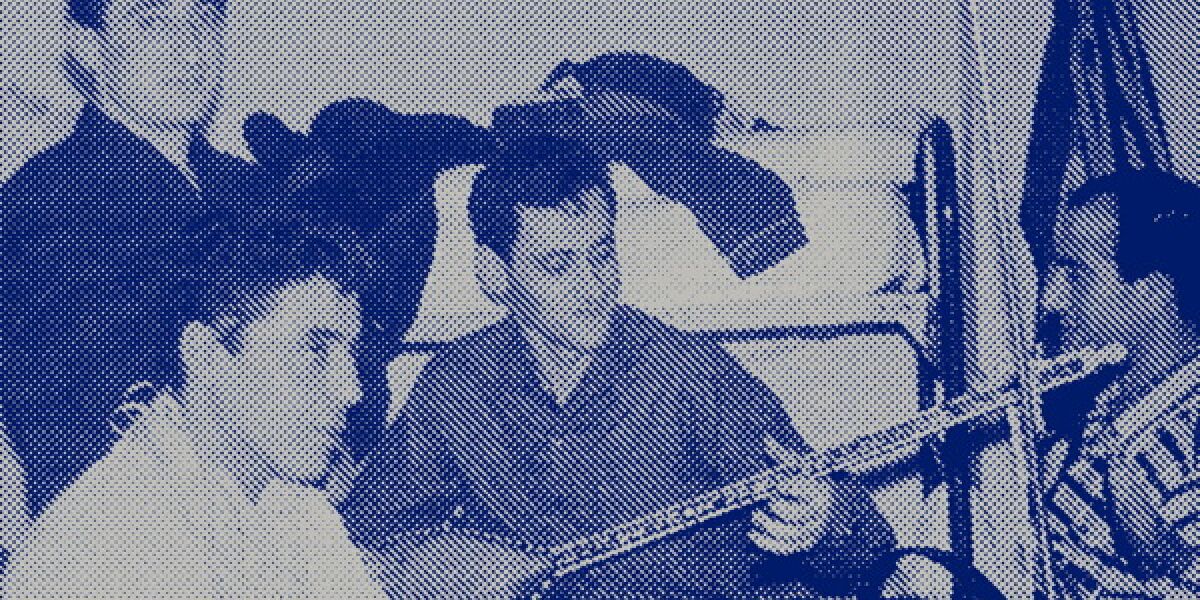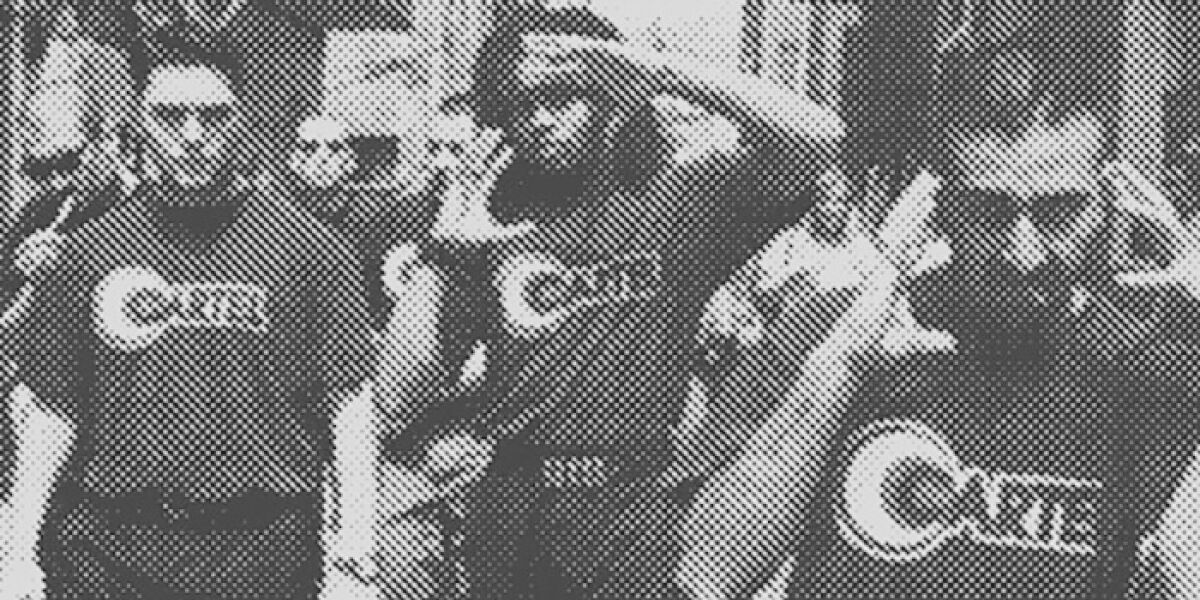YERLİ MÜZİK*
A History of Turkey through Music
By Murat Meriç
Songs are witness to an era. The course of Turkey’s musical history begins with marches, is later shaped by Alaturka and Folk music and exists today in the form of popular songs. The bi’bakaudio series Yerli Müzik, curated by music historian Murat Meriç, takes the listener on a musical journey through the political history of Turkey. Giving voice to rarely-heard tunes, Meriç presents what has been unheard until – now not only in Berlin, but also in official historical narratives.
In Yerli Müzik, we are confronted with both “local” and world affairs: labour migration in Germany, political crises, accomplishments, international achievement, conflicts, atom bombs, Kennedy’s death, Muhammad Ali, aliens and more…
Yerli Müzik takes us on a journey starting from the last days of the Ottoman Empire through the century's music culture till present times. Accompanying the series a podcast has been recorded and an illustrated glossary on Turkish music history has been published.
*In reference to music, the music industry defines yerli müzik as recording produced within Turkey for Turkish-speaking audiences.
Murat Meriç is a radio producer, author, music historian, collector and researcher. He founded and published the magazines Müzük and Roll. His writings have been published in various magazines and newspapers. He has also produced and hosted the TV show Kırkbeşlik (45) for the channel TRT and published two books on popular music in Turkey: Pop Dedik / Türkçe Sözlü Hafif Batı Müziği (İletişim Yayınları, 2006) and 100 Şarkıda Memleket Tarihi (Ağaçkakan Yayınları, 2016). In 2017 he produced the daily show The Country’s History through Songs for the radio station Açık Radyo.











